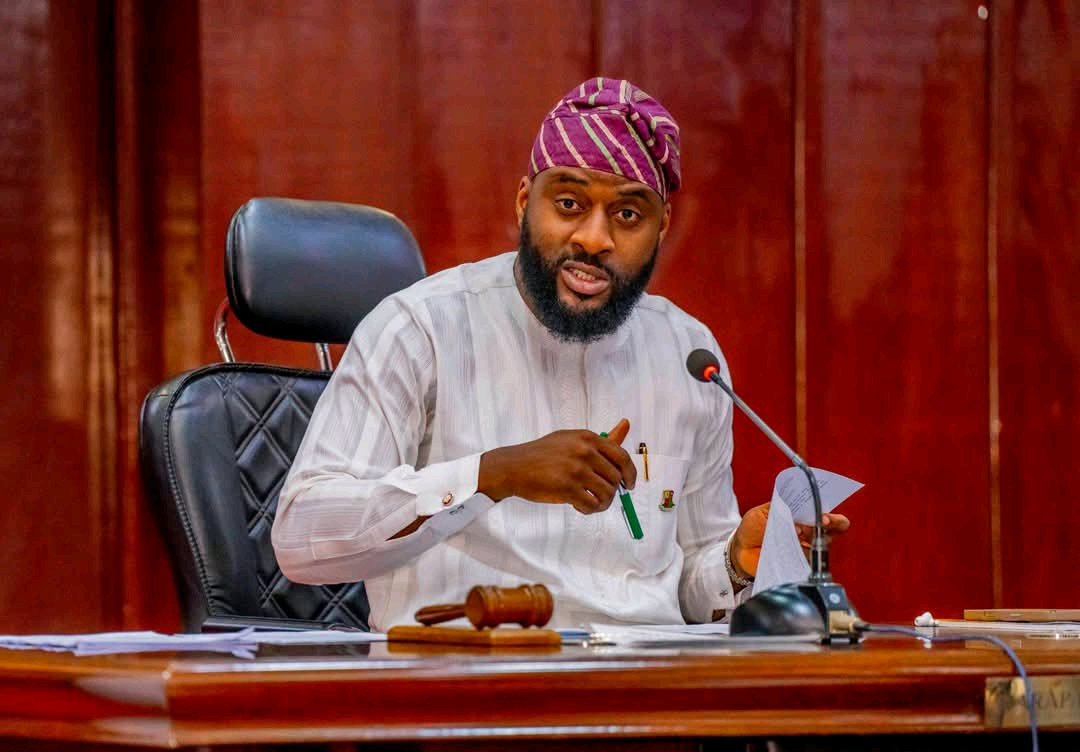The Oyo State House of Assembly has approved a supplementary budget of N299.8 billion, effectively increasing the state’s 2025 fiscal appropriation from N684.1 billion to N984 billion.
The approval followed the clause-by-clause consideration of the supplementary appropriation bill during the House’s plenary on Thursday.
Chairman of the House Committee on Finance, Appropriation, and State Economic Planning, Hon. Sunkanmi Babalola, who represents Egbeda State Constituency, also confirmed the increase while addressing journalists after the plenary.
Babalola explained that the supplementary budget became necessary to accommodate pressing financial obligations not captured in the original 2025 budget, which was passed in late 2024.
“The reality of the state’s financial obligations in the current fiscal year required a reassessment. This supplementary appropriation reflects the dynamic nature of governance and the need to respond to emerging priorities,” Babalola said.
According to the lawmaker, key allocations in the Supplementary Budget includes funding for the reconstruction of the State Government House, Payment of workers’ pensions, with nearly N8 billion allocated for this purpose, effective implementation of the new national minimum wage.
Others are ongoing infrastructure projects across the state including the Ladoke Akintola Airport upgrade, as well as agribusiness and farm settlement development, particularly at Fashola, where N3.5 billion has been earmarked to boost investor engagement.
Babalola stressed that the supplementary budget is a strategic response to current economic demands, inflationary pressures, and infrastructural needs across the state.
“The original budget we passed late last year was N684 billion. However, due to the necessity of critical infrastructure and economic realities, an additional N299.8 billion has been approved, bringing the total to N984 billion,” he confirmed.
In a move to ensure transparency and accountability, the House announced the commencement of its six weeks working recess, during which lawmakers will embark on oversight functions in their respective constituencies while also engaging their constituents on their stewardship.
Babalola emphasized that the Assembly remains committed to its oversight role, ensuring that all funds appropriated are utilized judiciously.
“We are not going on vacation; we are on a working recess. Many of our committee chairmen will inspect ongoing projects in line with what has been budgeted. Our goal is to ensure proper implementation,” he assured.
He further stressed the importance of legislative collaboration in driving sustainable development, assuring citizens that their taxes are being used prudently.
“We are satisfied with the level of infrastructural development across the state. What you see on the ground is a testament to the responsible use of public funds,” Babalola added.

